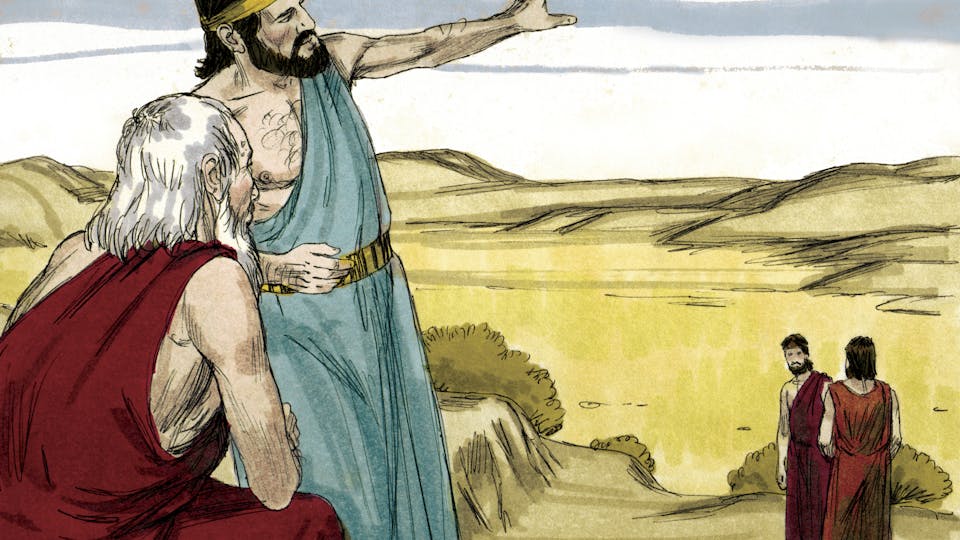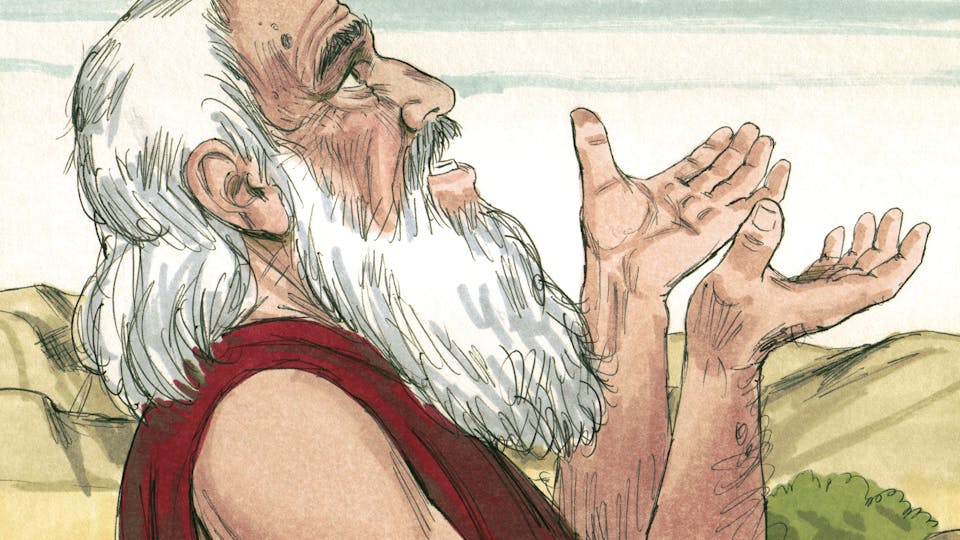The Biblical Land Covenant: Understanding Israel's Eternal Promise from God

The Genesis of Land Ownership: A Divine Mandate
According to the creation account in the book of Genesis, mankind was given a tract of land, the Garden of Eden, at the very start of the human journey to become their own PLACE to “tend and to keep” (Genesis 2:15).
The Hebrew text is quite revealing in this verse since these two words, “tend” and “keep,” “LE’OVDA” and “LE’SHOMRA” in the Hebrew language, can also be translated to mean “To Worship,” and “To Guard,” both expressions connected to our walk with God.
A Historical Perspective on Territory and Identity
Territory is often viewed as a sacred trust, and history bears ample testimony to the profound connection between people groups and their lands.
Often written with blood, gloomy chapters of human history tell painful stories of tribes and nations who were uprooted from their homes and exiled from their lands by someone stronger, only to eventually fade away and disappear from the stage of history altogether.
The nation of Israel is unique in this regard as it is the only nation on earth that was able to hold onto its national identity during nearly 2,000 years of exile; a miracle that was promised in God’s word and articulated by the prophets repeatedly.
The Uniqueness of Israel's Survival Through Exile
Naturally speaking, the key to a nation’s survival therefore is always their land, their territorial integrity, and when that foundation is compromised or taken away, the national life expires and comes to an end sooner or later.
The land is always at the heart of a nation’s life, and therefore we are not surprised to see that God’s earliest promises to Father Abraham and the Hebrew nation were (1) that He will be their God, and (2) that He will give them the whole land of Canaan as a national home through what is known as the Biblical Land Covenant.
God's Promises to Abraham: The Birth of a Covenant

As it is written, “When Abram was ninety-nine years old, the LORD appeared to Abram and said to him, “I am Almighty God; walk before Me and be blameless. And I will make My covenant between Me and you and will multiply you exceedingly.”
Then Abram fell on his face, and God talked with him, saying: “As for Me, behold, My covenant is with you, and you shall be a father of many nations. No longer shall your name be called Abram, but your name shall be Abraham; for I have made you a father of many nations.
I will make you exceedingly fruitful, and I will make nations of you, and kings shall come from you. And I will establish My covenant between Me and you and your descendants after you in their generations, for an everlasting covenant, to be God to you and your descendants after you.
Also, I give to you and your descendants after you the land in which you are a stranger, all the land of Canaan, as an everlasting possession; and I will be their God.” Genesis 17:1-8.
Understanding the Biblical Land Covenant
This Biblical Land Covenant, as theologians call it, is nearly 4,000 years old. It was given by God’s own initiative, and it is founded on His own purpose and faithfulness. In other words, it DOES NOT depend on any human activity, worthiness, or even faith. It’s a “God thing” that He did for His own reasons.
A Contested Promise: The Global Struggle Over Israel’s Land

And yet, this territorial promise has been one of the most contested issues in human history and one which occupies the world’s attention and obsession till today as global powers struggle with the simple question, “Does the Hebrew nation have a right to their Promised Land?”
Of all the pressing issues the world faces, whether food shortages, droughts, volatile climate, civil wars, refugees, health, economy, etc.; it is the issue of the tiny land of Israel that single-handedly occupies the headlines continuously and without fail for decades.
The Enduring Significance of the Land Covenant
Why all the fuss? Because God’s word, character, and redemptive plan are deeply connected to this Biblical Land Covenant He made with the Jewish nation, and because all hell is bent on trying to resist and, if possible, undo the plan of God. But, we read the book and we know how the story ends!
Witnessing the Miracle: Visiting the Promised Land Today
Living and serving in the land of Israel today places us, our households, and the entire SAR-EL family, in the heart of this prophesied drama. Yet we keep our eyes on the Lord and comfort our hearts with His love, knowing that He who promised is faithful and able to fulfill His word.
And when you come to visit Israel to see the miracle with your own eyes, remember that the entire SAR-EL team is here to welcome and host you in what should truly become “a trip of a lifetime.”
Frequently Asked Questions
1. What is the Biblical Land Covenant?
The Biblical Land Covenant is a 4,000-year-old promise made by God to Abraham, granting the land of Canaan to Abraham's descendants, the Hebrew nation, as an everlasting possession. This covenant is foundational to Israel's national identity and has profound theological significance.
2. Why is the land of Israel significant in the Bible?
The land of Israel, promised to the descendants of Abraham through the Biblical Land Covenant, is central to God's redemptive plan. It is often seen as a sacred trust, deeply connected to the Jewish nation's identity and God's covenantal promises.
3. How does the Biblical Land Covenant affect Israel today?
The Biblical Land Covenant continues to influence Israel's national identity and its relationship with the land. It remains a contested issue globally, as the covenant is seen by many as a divine promise, making the land of Israel a focal point in both religious and political contexts.